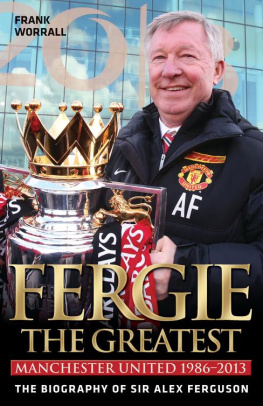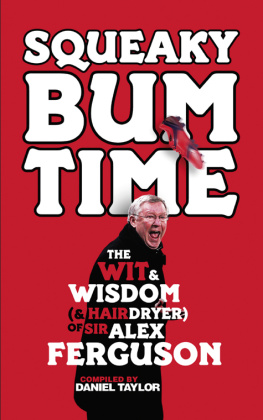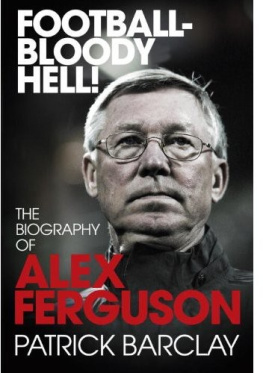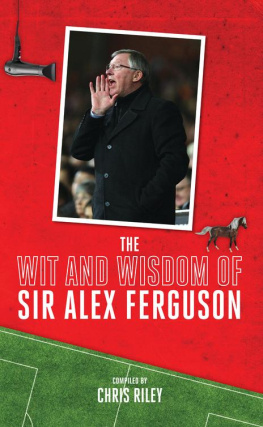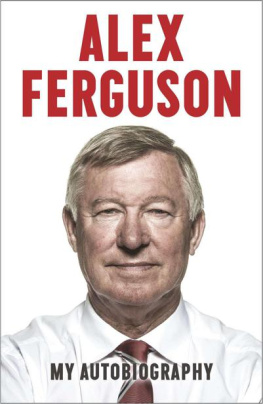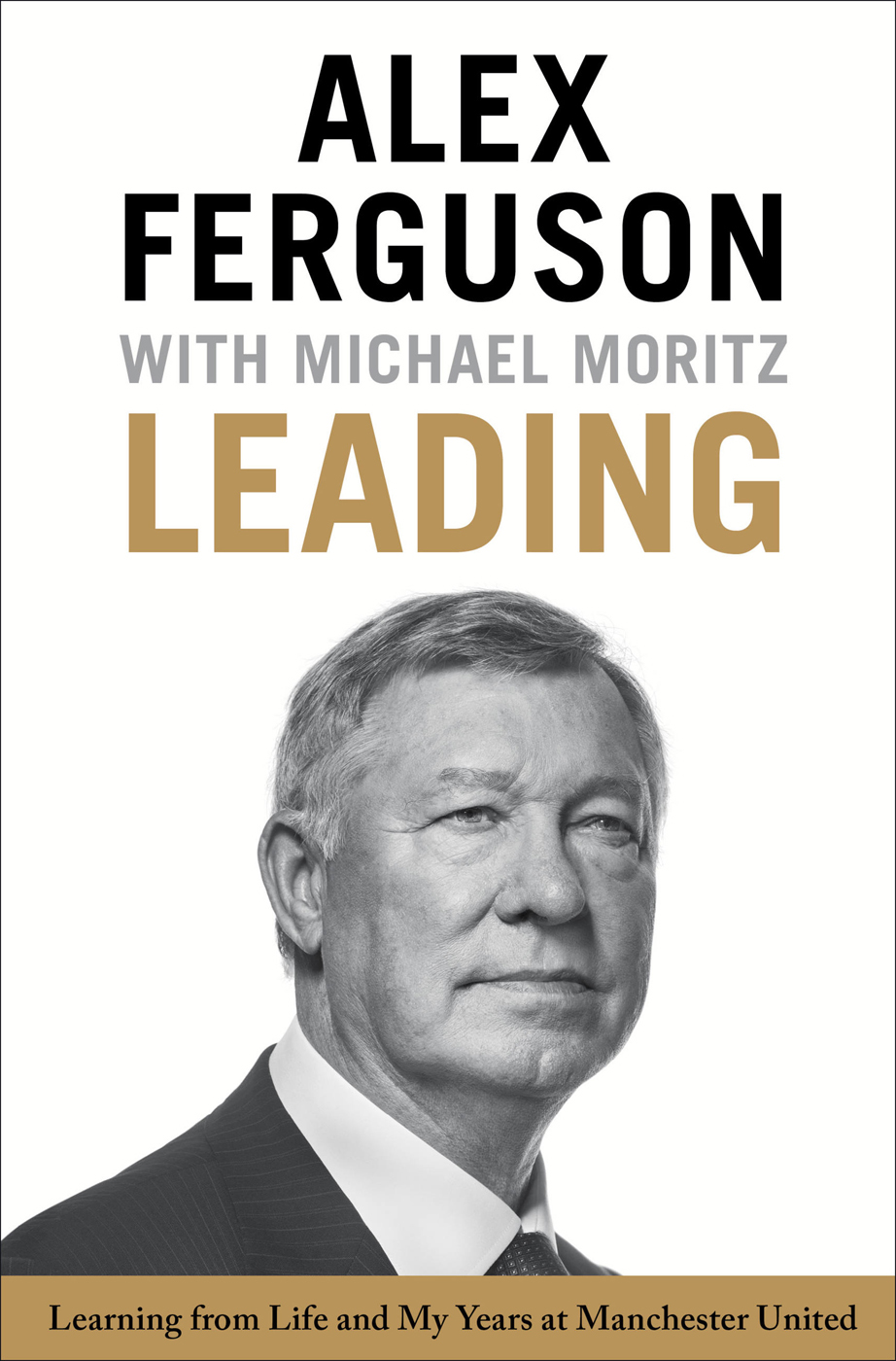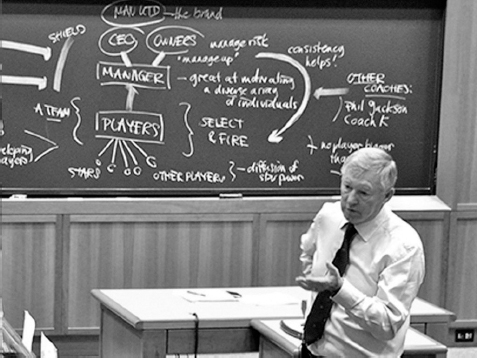When I left Govan High School in Glasgow at the age of 16 to begin my apprenticeship as a tool-maker at Remington Rand and start my life in football at Queens Park, I could never have imagined that, 55 years later, I would be standing at the front of a lecture theatre at the Harvard Business School, talking to a class of MBA students about myself.
The first class I taught in October 2012 was jammed to the rafters. From my position in the pit at the front of the lecture hall, I could see the students waiting patiently in their tiered rows of seatseach with their own name card in front of themand yet more crammed in the aisles. It was an intimidating scene, but also a tribute to the fascination exerted by Manchester United. Our club was in very good company, because among the organisations studied during the Strategic Marketing in Creative Industries course at the Business School are Burberry, the fashion retailer; Comcast, the giant American cable television operator; Marvel Enterprises, the Hollywood studio behind the Spider-Man and Iron Man comic and film franchises; and, of all things, the business activities of the music superstars Beyonc and Lady Gaga.
When I looked at the students gathered in one of Aldrich Halls lecture rooms, I was struck by their cosmopolitan nature, age and intelligence. There were as many nationalities represented in the room as there are on the books of any Premier League squad. The students were all extremely well schooled, and would either work, or had already worked, for some of the most successful companies in the world. All were at the point where they could look forward to the best years of their lives. I could not help but think that the quieter ones, who seemed to be absorbing everything, were the people who would become the most successful.
I found myself on the campus of Harvard University in October of 2012 thanks to a collision of circumstances. A year or so previously I had received an approach from Anita Elberse, a professor at Harvard Business School. She had been curious about the way I managed United and the success that the club had enjoyed, and this resulted in a Harvard case study, Sir Alex Ferguson: Managing Manchester United, which was written following Anita spending a few days shadowing me at our training ground in the mornings and interviewing me in the afternoons. Around the same time, she invited me to come and speak to her class at their campus in Boston. I was intrigued, if a little daunted, and accepted the invitation.
Looking back, its easy to see that this lecture marked the start of a transitional phase in my career. Although I didnt know it at the time, we were just a few weeks into what would turn out to be my final season in charge at Old Trafford, and there was a lot on my mind. We had lost the title in the previous season on goal difference to our local rivals, Manchester City, but were determined to bounce back. And we had started the new season strongly. Two days before I flew to Boston, we had come away from St James Park with a 30 win over Newcastle United. It was our fifth victory in seven games and took us to second place in the Premier League, four points behind Chelsea. We had also made a 100 per cent start to our Champions League campaign, UEFAs premier club competition, formerly known as the European Cup.
But for the time being, as I stood at the front of the classroom in Harvard, I put the Premier League and Champions League campaigns to one side and focused on sharing some of the secrets behind Manchester Uniteds recent success.
The class began with Professor Elberse providing an overview of the different constituents I dealt with as manager of Manchester Unitedthe players and the staff, the fans and the media, the board and our owners. I followed this by giving the students my thoughts on the principal elements of leadership. I then took questions from the students. This was the most enjoyable part of the day and it raised topics that I found myself thinking about in the days that followed. The students were all curious about how I became a leader, the individuals who had a major influence on my approach to life, the way I dealt with absurdly gifted and highly paid young men, the manner in which United maintained a thirst for excellenceand a raft of other topics. Understandably they also wanted to know about the daily habits of household names like Cristiano Ronaldo and David Beckham.


